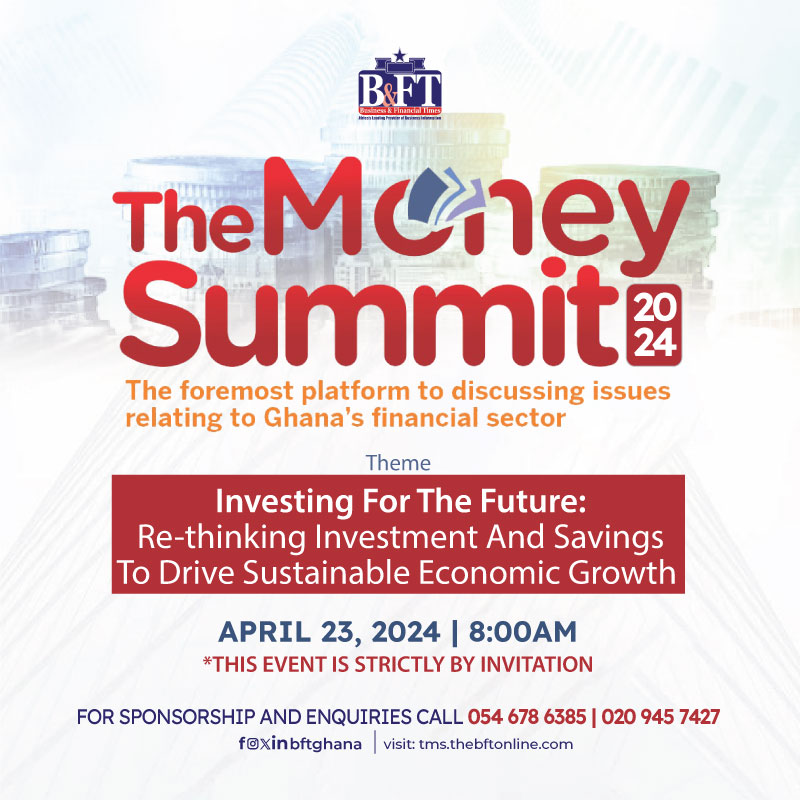Africa, a market of more than 1 billion people banks a collective Gross Domestic Product of $3.4 trillion a year. By doing business with anyone other than itself.
In 2016, the World Bank listed the top 5 products exported from Africa as gold in semi manufactured form ($9 billion); non industrial or sawn diamonds (8.6 billion); gold in unwrought form ($4.5 billion); bituminous coal ($3.7 billion) and ferro chromium ($3.1 billion). Incoming was petroleums and oils excluding crude ($12 billion); oils obtained from bituminou ($6.9 billion), mixed and unmixed medicants ($2.89 billion); non industrial diamonds ($2.3 billion) and transmission equipment for radiotelephony ($2.3 billion). The continents largest export and import trade partners were China, India, the United States, South Africa and Germany. That conversation could be reversed, technically.
At the Extraordinary meeting of the African Union (AU) held in Kigali, African leaders signed up to a continental free trade area that could in principle, by the end of 2018, create the single largest free trade area since the establishment of the World Trade Organisation enabling goods and services to flow freely across 54 countries.
An unhealthy dose of cynicism is understandable, after 55 years of talking unity, beyond the ubiquitous speeches and some concrete regional treaties, the AU continues to struggle with continent wide integration.
Already, Nigeria’s president Muhammadu Buhari has raised concerns about the impact of a free trade agreement on local manufacturers and their ability to compete with foreign finished goods in the market of Africa’s most populous country and the sub region’s power house.
_______________________________________________________________
Bonjour Mon Ami
Ghana’s President Nana Akufo-Addo of Ghana and his neighbour, Ivorian President Alassane Outtara will meet again, this time at the 6th Africa CEO Forum, in Abidjan, on Monday March 26th – Tuesday, March 27th. It is being touted as probably the most important annual business and economic meeting on Africa, in Africa in 2018.
There is much between the 2 countries, together they are the world’s largest cocoa producers. They are united equally in their vulnerability to global price fluctuations as well as yield, processing and marketing constraints internally. In October 2017, President Akufo-Addo said both countries will be working together to what some in the industry say could be a strategic cocoa platform. Insiders say speculation of a definitive announcement on cocoa at the meeting is unlikely.
Ghana is forecast as the world’s fastest growing economy in 2018. Ivory Coast, formerly the economic powerhouse of the region has had some political and security set backs, economic growth settled at an impressive 7.6% in 2017. Last month, like Ghana, Kenya and Nigeria who have ventured forth, Ivory Coast tapped the international debt market, its fourth foray in 5 years. If Ghana proceeds to issue a Samurai bond, it will be a game changer, the continent’s first such issue in almost two decades.
_______________________________________________________________
Gas, Technology and the Impact of Female CEOs in Doing Business
Owned and managed by the Jeune Africa Media Group, this year, the International Finance Corporation (IFC) of the World Bank Group is one of the main sponsors of the Africa CEO Forum. The IFC’s Regional Director for Africa Oumar Seydi will sit with Zimbabwe’s President Emmerson Mwangaga, he stands for his first election in July 2018 and the continent’s newest President, George Weah, both have inherited high expectations and low growth. President Akufo-Addo, the continent’s new champion of ‘trade not aid’ will participate in a panel discussion with Paul Polman, the Chief Executive Officer of Anglo/Dutch multinational, Unilever.
It will be a interesting conversation. Only 5% of CEOs in Africa are women and yet according to the organisers, companies with women on the board of directors bank a 20% higher than average in operating profits. A fluke or a pathway to success that should be learned and advanced?
In 2018, Ghana, Zimbabwe and Ivory Coast are among the top 10 of countries across the continent with technology hubs. Another key topic in this age of technological revolution, can/should Africa, where according to the International Labour Organisation, youth unemployment is 12 percent leapfrog the usual development model? Artificial intelligence and digitisation appear to be the silver bullet and for the continent – it has the largest population of working poor, defined as earning less than US$2 a day – these opportunities come with associated risks. Can the continent commit to reforming its education, infrastructure and economic policies deeply and implement, thoroughly, in real time?
Participants at the Africa CEO Forum will also discuss investment decisions in natural gas, according to the organisers, since 2016, 5 of the largest discoveries have been on the continent. Can Angola, Egypt, Ethiopia, Ghana, Morocco, Senegal and Tanzania define a business model to sustainably exploit this natural resource to power their economies? The cost of doing business by investing in infrastructure – the African Development Bank estimates that the continent has a funding deficit of $70 – $110 billion, the impact and fate of start ups as well as innovation and talent will be discussed by some 1,000 participants. Will these important conversations lead to breakthroughs we can actually see, hear and feel?
______________________________________________________________
Less Is More
The much anticipated notice by the Central Bank that Unibank is insolvent and has been placed under official administration was followed up with the Governor, Dr. Ernest Addison reportedly stating that some 272 out of the 707 second tier micro finance and rural and community banks are also in distress. Industry analysts appear to agree with Addison’s bullish outlook of the banking sector.
The banks who are able to raise and inject new capital to meet the GHc400 million minimum capital requirement by December 2018 will be able to lend and participate in larger transactions, driving growth for their shareholders and making credit more accessible for businesses and entrepreneurs who meet their requirements.
A busy first quarter and times ahead for Africa Inc.











